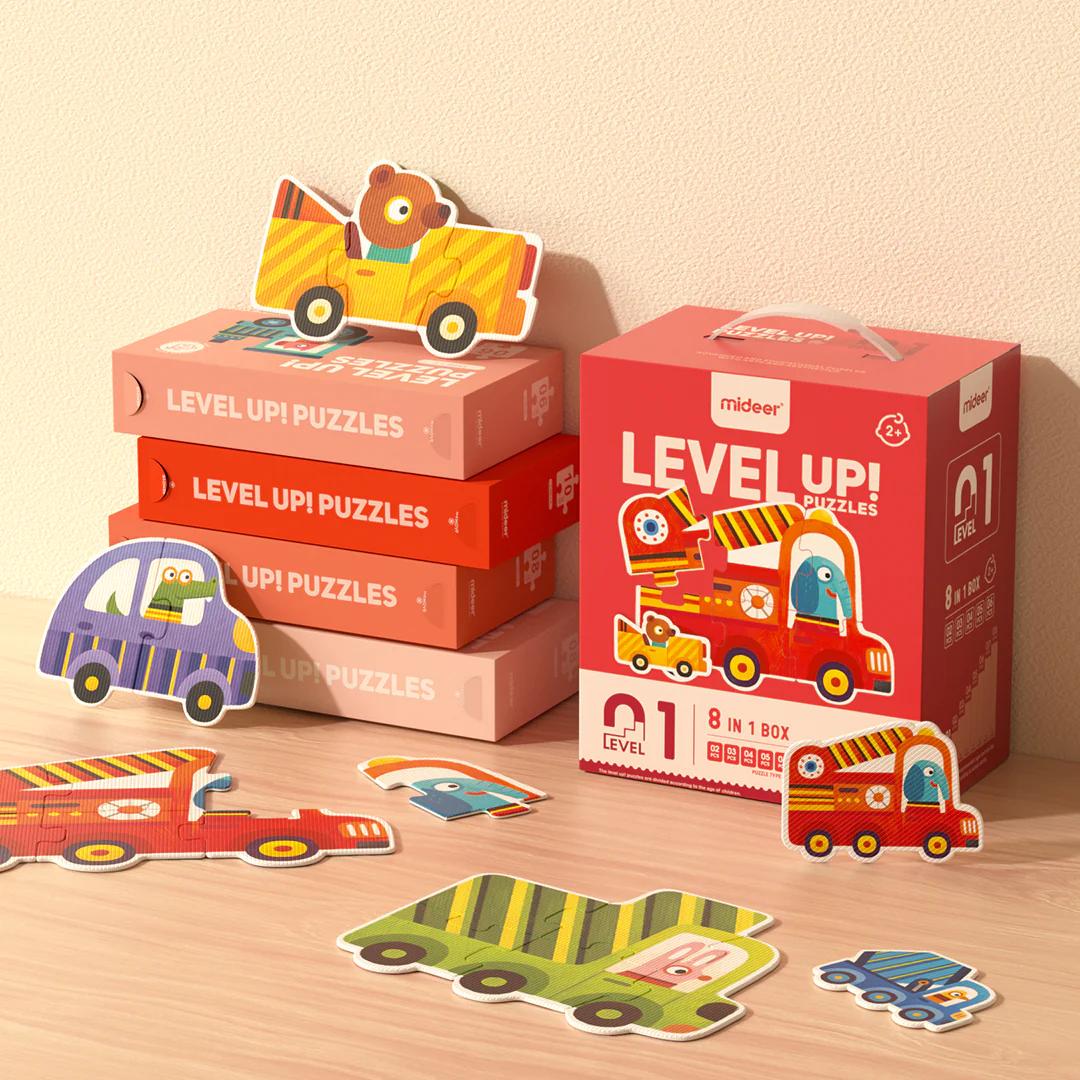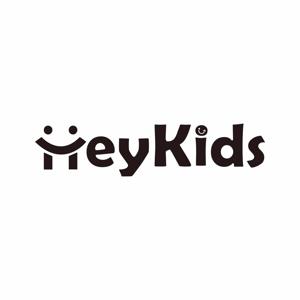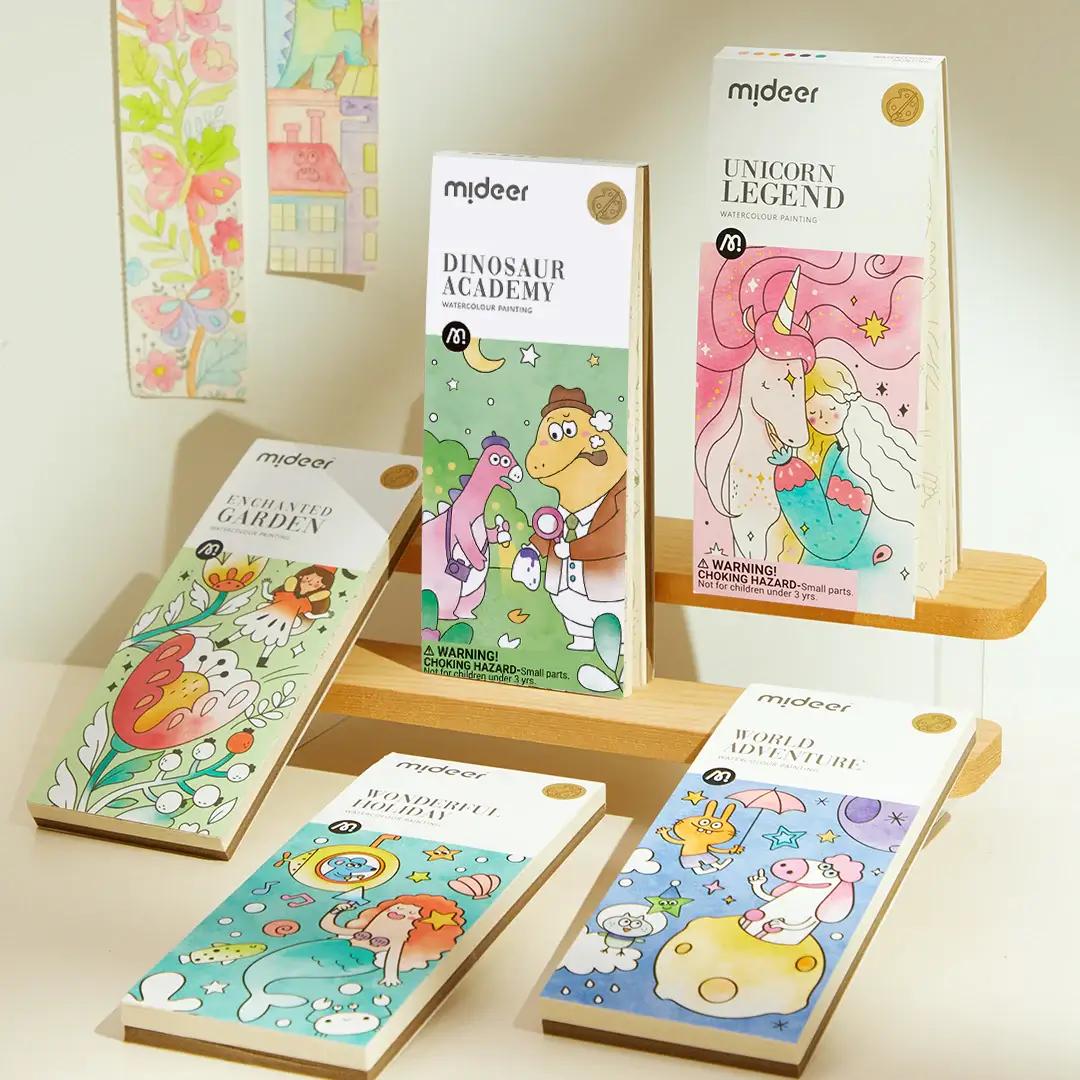
As babies and toddlers embark on their journey of exploration and discovery, the role of play becomes paramount in shaping their cognitive development. Educational puzzles offer a delightful and engaging way for young children to enhance their cognitive abilities while having fun. In this blog post, we'll delve into the world of educational puzzles for babies and toddlers, exploring the benefits they offer and providing tips for incorporating them into daily playtime routines.
Benefits of Educational Puzzles for Babies and Toddlers:
Sensory Stimulation: Puzzles with textured pieces or vibrant colors provide sensory stimulation, helping babies and toddlers explore different textures, shapes, and visual patterns. This sensory input supports brain development and fosters early learning.
Fine Motor Skills: Manipulating puzzle pieces encourages the development of fine motor skills and hand-eye coordination in young children. As babies grasp and manipulate puzzle pieces, they strengthen the muscles in their hands and fingers, laying the foundation for future skills like writing and drawing.
Problem-Solving Skills: Even simple puzzles present babies and toddlers with opportunities to problem-solve and use trial and error to achieve a goal. As they fit pieces together or manipulate puzzle components, they learn valuable problem-solving strategies and develop spatial awareness.
Cognitive Development: Engaging with puzzles stimulates cognitive development in babies and toddlers by encouraging them to explore, manipulate, and categorize objects. Puzzles promote skills such as memory, attention, and concentration, setting the stage for future learning success.
Language Development: Puzzles can also support language development in young children by providing opportunities for vocabulary building and verbal interaction. Parents and caregivers can use puzzles as a springboard for conversation, labeling objects, and describing actions as children play.
Incorporating Educational Puzzles into Playtime:
Choose Age-Appropriate Puzzles: Select puzzles with large, chunky pieces and simple designs for babies, and gradually introduce more complex puzzles as toddlers grow and develop.
Supervise and Support: Offer guidance and support as babies and toddlers explore puzzles, modeling how to manipulate pieces and offering gentle encouragement as they play.
Rotate Puzzles Regularly: Keep playtime fresh and engaging by rotating puzzle options regularly. Introduce new puzzles to maintain interest and challenge children as they grow.
Encourage Exploration: Allow babies and toddlers to explore puzzles independently, providing ample time and space for open-ended play. Resist the urge to intervene immediately, allowing children to experiment and problem-solve at their own pace.
"Level up" puzzles indeed offer a fantastic choice for babies and toddlers. These puzzles provide a progressive learning experience, allowing children to start with simple challenges and gradually advance to more complex ones as they develop their skills. With each successful completion, children gain confidence and a sense of accomplishment, motivating them to tackle increasingly difficult tasks.
Educational puzzles are invaluable tools for promoting learning and development in babies and toddlers. By providing engaging, age-appropriate puzzles and opportunities for exploration and discovery, parents and caregivers can support children's cognitive growth and lay the foundation for future academic success. So, whether it's a simple shape sorter or a more challenging jigsaw puzzle, let the power of play guide your child's learning journey and watch as they blossom and thrive through the magic of educational puzzles.


Write a comment ...